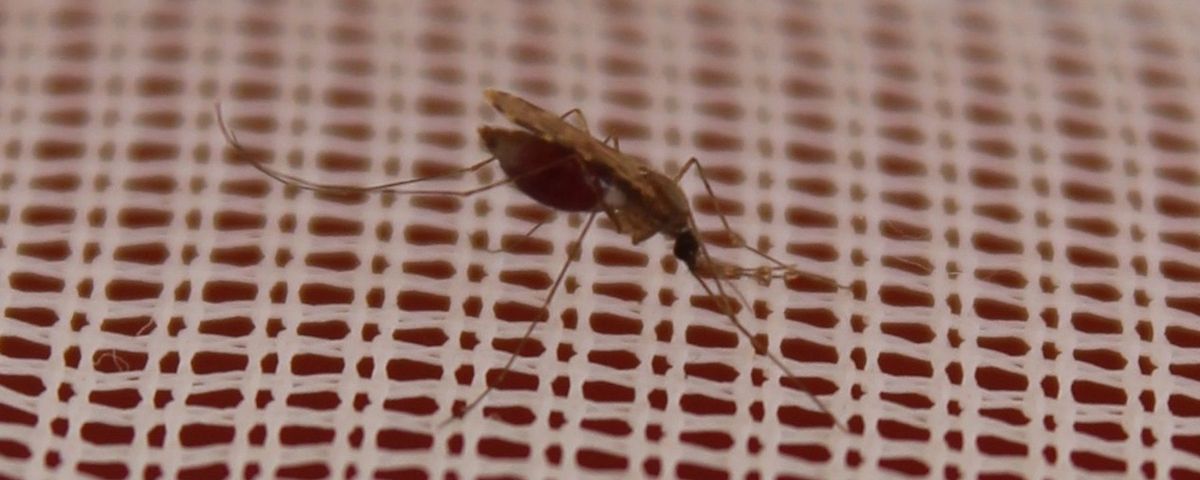An article published by The Scientist shares a recent discovery about the spread of resistance in African mosquitos. Mosquitos have developed a number of genetic tricks to bypass the effects of pyrethroids. One mutation found in mosquitos prevents insecticides from binding to their target. Over the years, scientists have struggled to determine precisely which markers give mosquitos metabolic resistance. Researchers have recently discovered a single mutation linked to pyrethroid detoxification in populations of southern Africa’s Anopheles funestus. The allele in Anopheles funestusinvolves genes encoding cytochrome P450. Scientists used RNA sequences to capture the genes’ expression. This gene expression was then compared to several mosquito populations in different areas of Africa. Through this research, scientists were able to identify a section of DNA that has accumulated mutations and a large insertion of genetic material. PCR then was used to pinpoint the resistant allele. This discovery is a breakthrough in understanding insecticide resistance in mosquitos. While this mutation is not present in all mosquito species, this method could be used to identify other resistance mutations.
 |
| Anopheles funestus Mosquito |
The transmission of malaria in Africa is a public health issue. Pyrethroids are a large component of malaria prevention. Through the use of pyrethroids, 663 million cases of malaria have been prevented from 2000 to 2015.
I found this article to be quite interesting. Mosquitos cause a lot of trouble in Africa with the spread of malaria, so it is important researchers learn more about insecticides and insecticide resistance. I find it intriguing that several mutations have led to this resistance and that the resistant allele has quickly become prevalent in the Anopheles funestus population in southern Africa. Ideally researchers will use this information to create different insecticides prevent the Anopheles funestus population from growing out of control.
No comments:
Post a Comment